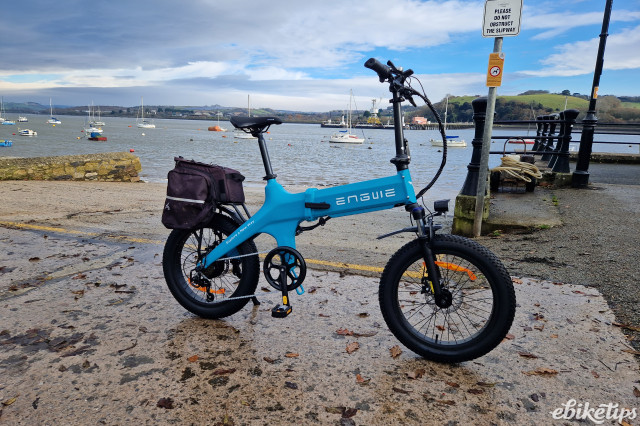It’s currently illegal to ride a privately-owned e-scooter on public roads. You can however rent one long-term from share scheme operator Voi.
E-scooter rental schemes are being run by a number of operators in towns and cities up and down the UK and this is currently the only way you can legally ride an e-scooter in public.
Up until recently, these have been ‘hop-on, hop-off’ share schemes. However, in February, the West of England Combined Authority became the first place in the country to offer long-term e-scooter rental with residents given the option of keeping a Voi vehicle at home for months at a time.
> Mayor asks e-scooter operator Voi to sever Russia ties – CEO heads to Bristol to discuss situation
Voi’s scheme is now being expanded to Oxford. Riders will need to be over 18 years old, have at least a provisional driving license, and live within the operating area. Rentals will cost £65 a month on a rolling monthly basis, following an initial two-month lease.
> E-scooters and the law: When and where are you legally allowed to ride an electric scooter?
Those who take up the option will be provided with the same model of e-scooter that is being used for the shared service, but distinguishable by black handlebars.
The vehicles will be restricted to 12.5mph and the same geofencing will be in place, including slow and no ride zones, to ensure they can only be used within the same authorised operating area as the share service.
“We are delighted that Oxfordshire County Council continues to support our presence in their fine city by enabling residents to subscribe to our long-term rental scheme,” commented UK and Ireland general manager, Jack Samler.
“Having an LTR will be invaluable to regular ‘voiagers’ who need quick and easy access to our scooters, at their own convenience, day and night. The new scheme means LTR riders can simply jump on and ride straight from their own home to wherever they need to go.
“Long-term rentals of our e-scooters is part of our movement to make micro-mobility accessible to all, to build on the modal shift away from polluting modes of transport, which we are already seeing in Oxford, and complementing the city’s public transport system.”




